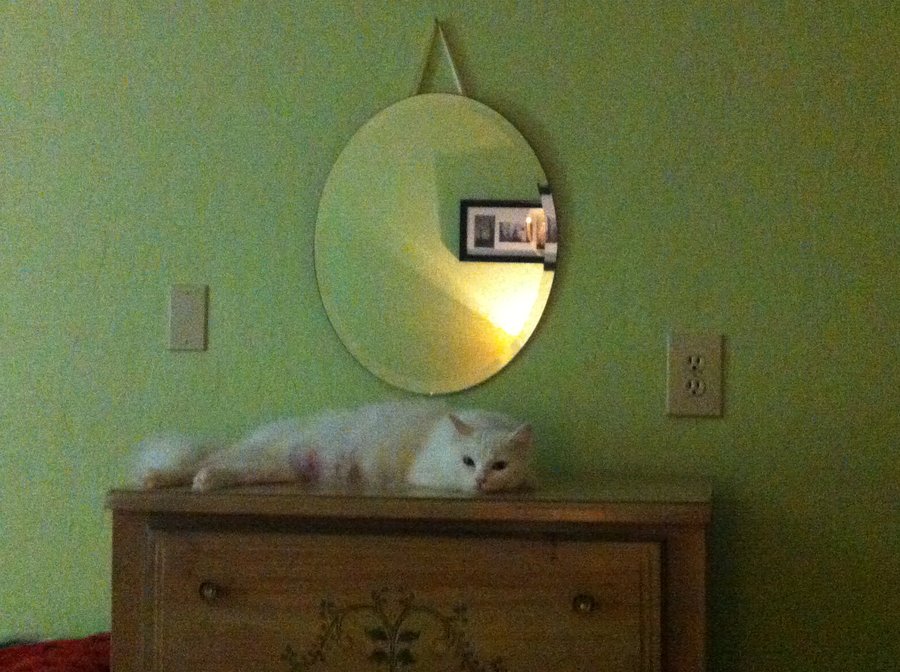- Joined
- Aug 1, 2012
- Messages
- 4
- Purraise
- 10
I just learned about the raw feeding diet a few days ago after reading an article written by a vet. She was listing the cat diets from best to worst. #1 was feeding your cat a raw species appropriate balanced diet (either made at home or purchased). The problem is, dead last was a raw diet that wasn't balanced. She gave the example of throwing down a piece of chicken and some vegetables and thinking all of your cats needs were met was a bad and dangerous idea. She also went onto say that only a few adjustments were needed to go from worst to best... however, she didn't expand on what the daily needs of cats are, what a balanced diet looks like or how to make sure all of my cats' nutritional needs are being met. ACK!!! Please help if you can!
I want to transition over to a raw diet, but I'm not exactly sure how to go about it. I've been looking on this forum, but with my knowledge being near zero, I'm not sure to begin sorting through all of the pages and pages of posts. Is there a cookbook out there with dietary needs of my cats outlined?
Thank you! :0)
I want to transition over to a raw diet, but I'm not exactly sure how to go about it. I've been looking on this forum, but with my knowledge being near zero, I'm not sure to begin sorting through all of the pages and pages of posts. Is there a cookbook out there with dietary needs of my cats outlined?
Thank you! :0)








 and translating that to feeding raw, means feeding them fresh raw meat, the fresher the better (yeah, we understand it has been frozen before
and translating that to feeding raw, means feeding them fresh raw meat, the fresher the better (yeah, we understand it has been frozen before